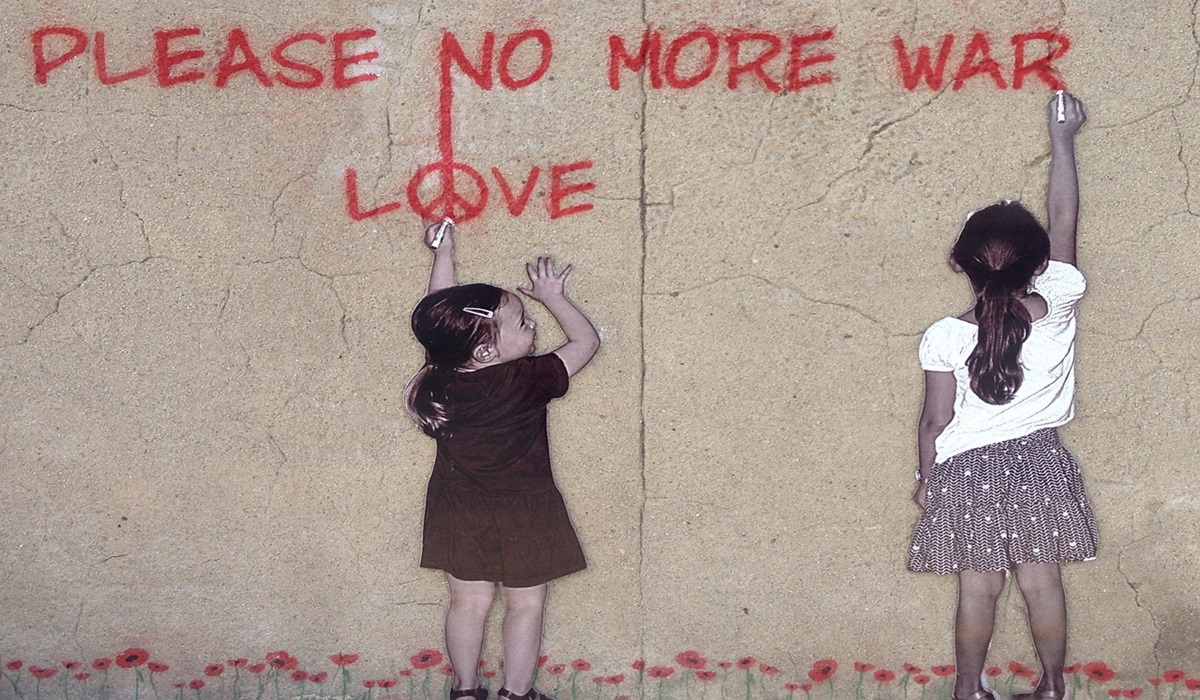October 7th, One Year On: Proxy Wars and Civilian Suffering in the Middle East
- TDS News
- Middle East
- Trending
- October 7, 2024

Image Credit, Annette Jones
October 7th marks one year since Hamas launched a large-scale attack on Israel, an event that has left deep scars across the region. What began as a response to what Hamas described as decades of occupation soon spiraled into one of the most devastating conflicts in recent Middle Eastern history. Over the past year, Israel, determined to dismantle Hamas, embarked on a military campaign that has resulted in the destruction of Gaza City. Although the Israeli government initially vowed to eliminate Hamas, they later conceded that eradicating an ideology is far more complex. Instead, the campaign has led to widespread devastation, raising concerns about the humanitarian crisis and the protection of civilian lives. Numerous international organizations, from human rights groups to the United Nations, have condemned the ongoing destruction, with some calling it a genocide.
The attack on a music festival during the October 7th operation shocked the world. What many saw as a brutal assault on civilians, Hamas later claimed was part of a military exercise targeting Israeli assets. Israel, for its part, maintains that it does not intentionally kill civilians, but that its bombing of civilian infrastructure—including churches, mosques, and residential buildings—is justified due to Hamas’ alleged use of these sites for military purposes. According to the Israeli government, civilians are being used as human shields, making these targets necessary to neutralize Hamas operatives. However, this justification has drawn sharp criticism from many global observers, who question the proportionality of Israel’s response and the impact on innocent lives.
A major unresolved element of the conflict remains the over 100 hostages held by Hamas since the attack. Despite multiple attempts by the international community to broker a deal for their release, an agreement has not yet been reached. Efforts by organizations like the International Red Cross and key diplomatic players have stalled repeatedly, with both sides locked in negotiations that have failed to produce results. The continued captivity of these individuals underscores the complexity of the conflict and the difficulty in resolving even the most basic humanitarian issues.
Throughout this past year, the conflict has expanded beyond Gaza’s borders. Israel has not only targeted Gaza but has also carried out operations in neighboring Middle Eastern states and conducted assassinations on foreign soil, including within Iran. Iran, known for its financial and military support to various resistance groups, has been identified as a key player in fueling the ongoing war. These actions have heightened tensions across the region, turning what was once a localized conflict into a broader regional struggle involving multiple nations.
As the conflict persists, accusations of atrocities have been leveled at all parties involved. The war has created a humanitarian disaster, with civilians on both sides suffering unimaginable loss. International mediators have made multiple attempts to de-escalate the situation and foster dialogue between Israel, Hamas, and neighboring states. However, peace remains elusive, with both sides justifying their actions while the violence continues to escalate.
The involvement of major superpowers, including the United States, Breat Britian, Canada, Germany, Russia, and various European nations, has added further layers of complexity. As these nations back opposing sides in the conflict, the war has taken on the characteristics of a proxy battle, with the global powers often avoiding direct responsibility for the escalation. While the world looks on, the humanitarian toll continues to rise, and the hope for a peaceful resolution seems increasingly distant.
On this somber anniversary, the situation remains deeply troubling. Despite repeated international efforts to negotiate peace and secure the release of hostages, progress has been elusive. The atrocities committed on all sides are justified through a seemingly endless cycle of violence, while the superpowers involved remain entrenched in their geopolitical calculations. One year on, the world is still grappling with the consequences of October 7th, and there is no clear path to peace in sight.








